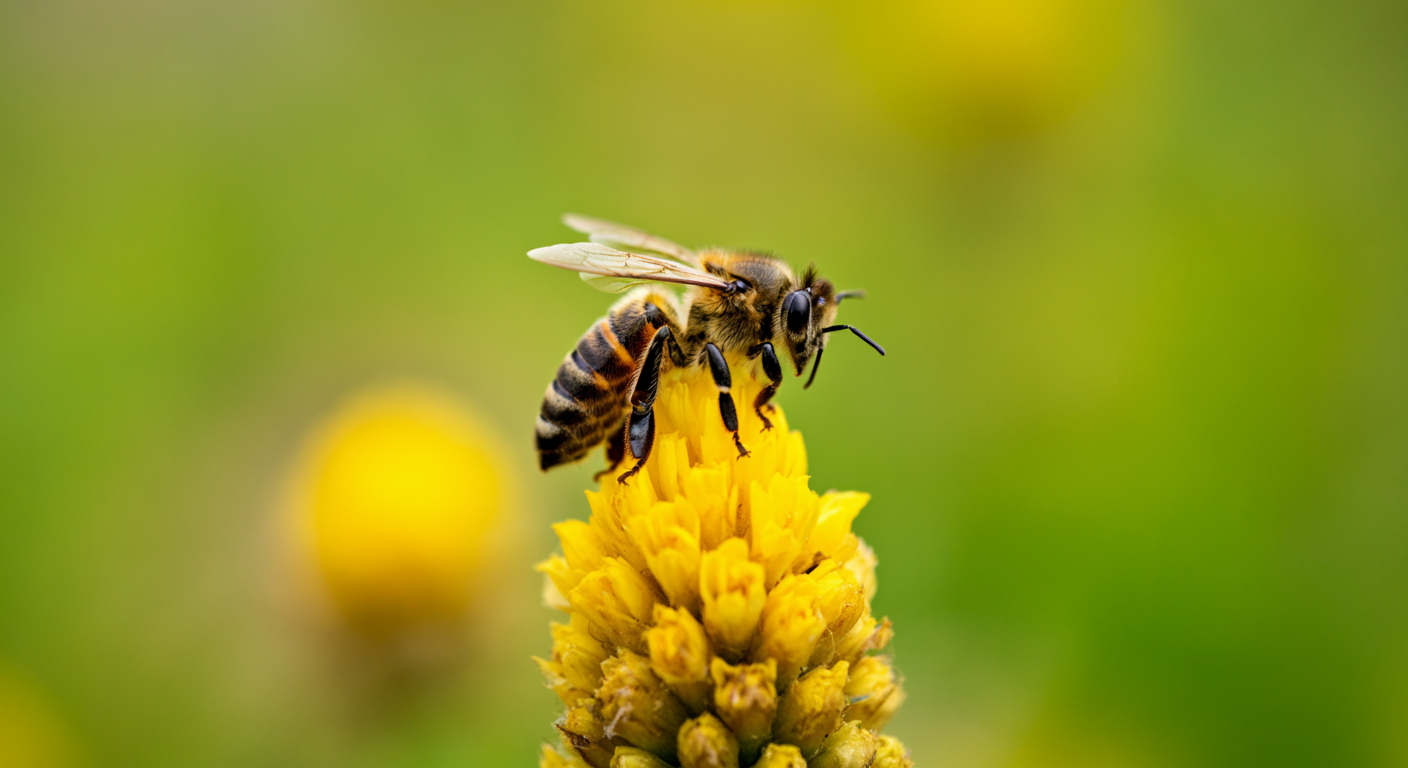The Essential Role of Bees in Agriculture
Bees are often celebrated for their honey, but their contribution to agriculture runs far deeper. These small, industrious creatures play a vital role in food production, ecosystem health, and biodiversity. Without them, our farms—and our plates—would look very different.

Pollination: Nature’s Silent Partnership
At the heart of the bee’s importance is pollination. As bees move from flower to flower collecting nectar and pollen, they inadvertently transfer pollen grains, enabling plants to produce fruits, vegetables, and seeds. This natural process is responsible for the success of many crops, including:
- Fruits: Apples, cherries, blueberries, and strawberries
- Vegetables: Squash, cucumbers, and tomatoes
- Nuts: Almonds, which rely almost entirely on honeybee pollination
- Oilseeds: Canola and sunflowers
It’s estimated that one-third of the food we eat depends on pollinators like bees. Without them, crop yields would decline, food prices would rise, and some foods might disappear altogether.
Beyond Honey: The Economic Impact
Bees contribute billions of dollars to global agriculture each year through pollination services. In the U.S. alone, honeybees add over $15 billion in crop value annually. Many farmers rely on managed beehives to ensure their crops are pollinated efficiently, especially in large monoculture fields where wild pollinators may be scarce.
Challenges Facing Bee Populations
Despite their importance, bees face numerous threats:
- Habitat Loss: Urbanization and intensive farming reduce wildflower meadows and nesting sites.
- Pesticides: Certain chemicals harm bees, weakening their immune systems or causing disorientation.
- Climate Change: Shifting weather patterns affect flowering times, disrupting the synchrony between bees and plants.
- Diseases & Parasites: Varroa mites and fungal infections devastate colonies.
These challenges have led to declining bee populations in many regions, raising concerns about long-term food security.
How We Can Support Bees
Fortunately, there are ways to help protect these essential pollinators:
- Plant Bee-Friendly Flowers: Lavender, sunflowers, and clover provide nourishment for bees.
- Reduce Pesticide Use: Opt for natural pest control methods when possible.
- Support Local Beekeepers: Buying local honey helps sustain beekeeping efforts.
- Leave Wild Spaces: Untended patches of land can become safe havens for native bees.
A Future with Bees
Bees are more than just honey producers—they are irreplaceable partners in agriculture. By understanding their role and taking steps to protect them, we can ensure that both ecosystems and food systems thrive for generations to come.
Next time you see a bee buzzing among the flowers, take a moment to appreciate its quiet but essential work. Our food supply depends on it.